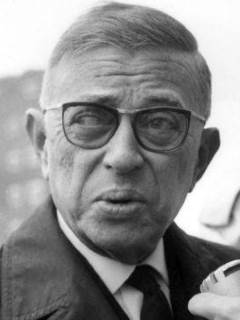
Publication details
Publisher: Springer
Place: Berlin
Year: 1989
Pages: 1-10
Series: Contributions to Phenomenology
ISBN (Hardback): 9789401069663
Full citation:
, "The self and its language", in: Phenomenology and beyond, Berlin, Springer, 1989


The self and its language
pp. 1-10
in: Harold Durfee, David T. Rodier (eds), Phenomenology and beyond, Berlin, Springer, 1989Abstract
It is the paradoxes, ambiguities, tensions, divergencies, conundrums and theoretical problems created by the personal pronoun "I" which are the focus of this collection of original essays. For in that simple and all too familiar "I" we are introduced at least to two problems. In that simple letter we encounter the grand confusion regarding subjectivity which has dominated contemporary philosophy from DesCartes to Foucault. Perhaps we are our own greatest problem. DesCartes' cogito, Hume's difficulties with an empirical subject, Kant's transcendental ego, Hegel's absolute subject, Husserl's radical Cartesianism, Wittgenstein's self on the edge of the "sprachwelt," Sartre's "pour-soi," and Foucault's funeral eulogy over the death of the subject all testify to the centrality of the problematic of the "I" in modern thought.
Cited authors
Publication details
Publisher: Springer
Place: Berlin
Year: 1989
Pages: 1-10
Series: Contributions to Phenomenology
ISBN (Hardback): 9789401069663
Full citation:
, "The self and its language", in: Phenomenology and beyond, Berlin, Springer, 1989



